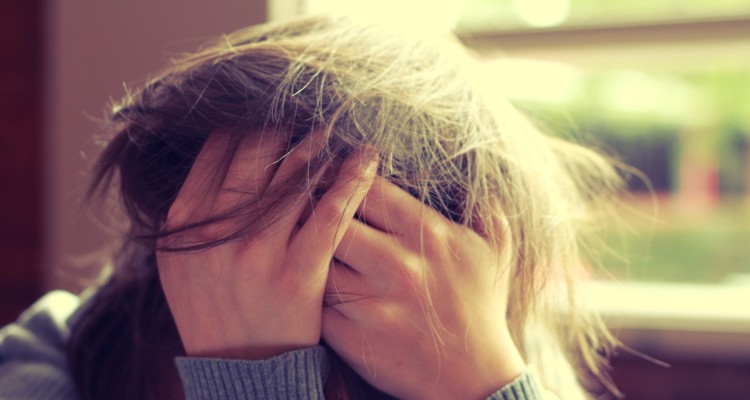As finals week approaches and the University of Connecticut’s Counseling and Mental Health Services prepares to accommodate an inrush of overwhelmed students, the debate of whether CMHS has the capacity to properly address these students’ needs inevitably becomes a topic of conversation around campus.
“We absolutely have capacity to see students in crisis. What we don’t have capacity for is to engage them in sort of a course of weekly treatment at this late part of the semester.”
That was Dr. Elizabeth Cracco, director of Counseling and Mental Health Services and interim director of the Student Health Services.
According to Cracco, CMHS has increased its staff by 13 full time equivalents over the past three years by adding trainees, interns, administrative staff, and full time counselors. CMHS is also preparing to hire more per diem staff in order to properly address increases in demand.
Including clinical staff, advanced graduate students who provide clinical services, and psychiatry, CMHS employs 22.2 full time equivalents and has a staff-to-student ratio of 1:1,130.
According to CMHS’s accrediting body, the International Association of Counseling Services, the recommended staff-to-student ratio is 1:1,000 to 1:1,500. This places CMHS within the top quartile relative to levels of staffing at schools of comparable size.
Mental health concerns are not only increasing on UConn’s campus, but across the nation. A study by Penn State’s Center for Collegiate Mental Health—which surveyed 100,000 students seeking mental health treatment at 140 colleges and universities—found that anxiety surpassed depression as the leading mental health issue facing college students. More than half of the students surveyed listed anxiety as a concern.
The American College Health Association 2014 National College Health Assessment survey also reported that nearly one in six college students—14.3 percent— were either diagnosed with or treated for anxiety.
Cracco worries the popular notion that students can’t get seen at CMHS will make those in need think they can’t reach out.
“It is pretty normative to feel overwhelmed at this point in the semester. That doesn’t mean they shouldn’t give us a call,” Cracco said.
However, while some of these students may benefit from specific courses of psychiatric treatment, many need social support and resilience skills, as well as a focus on holistic wellness, such as exercise and nutrition.
“We can’t limit the resolution of that state of overwhelmed to just, ‘Go to Counseling and Mental Health.’ I think we have to deal with the issue of mental health and well-being from the roots up,” she said.
According to Cracco, the achieving a healthy balance doesn’t happen in just a therapy session. Rather, it occurs at every encounter within the UConn community.
The community level services and interventions Cracco suggests are widely available on campus, including Recreation Sports, Wellness and Prevention, and Residential Life. She believes these programs and organizations are at the heart of preventing more significant mental health crises.
“We [CMHS] would rather help students develop tools for coping than just intercept them at the crisis,” she said.
Cracco also stressed the importance of peers caring for and, most importantly, listening to one another.
“Our slogan for Suicide Prevention Week this year was, ‘Are you listening?’ And I think it has to do with folks really sitting down and connecting and talking with one another. I mean, that’s the best prevention that there is, I think.”
This is the first in a series of reports on UConn Counseling and Mental Health Services.


